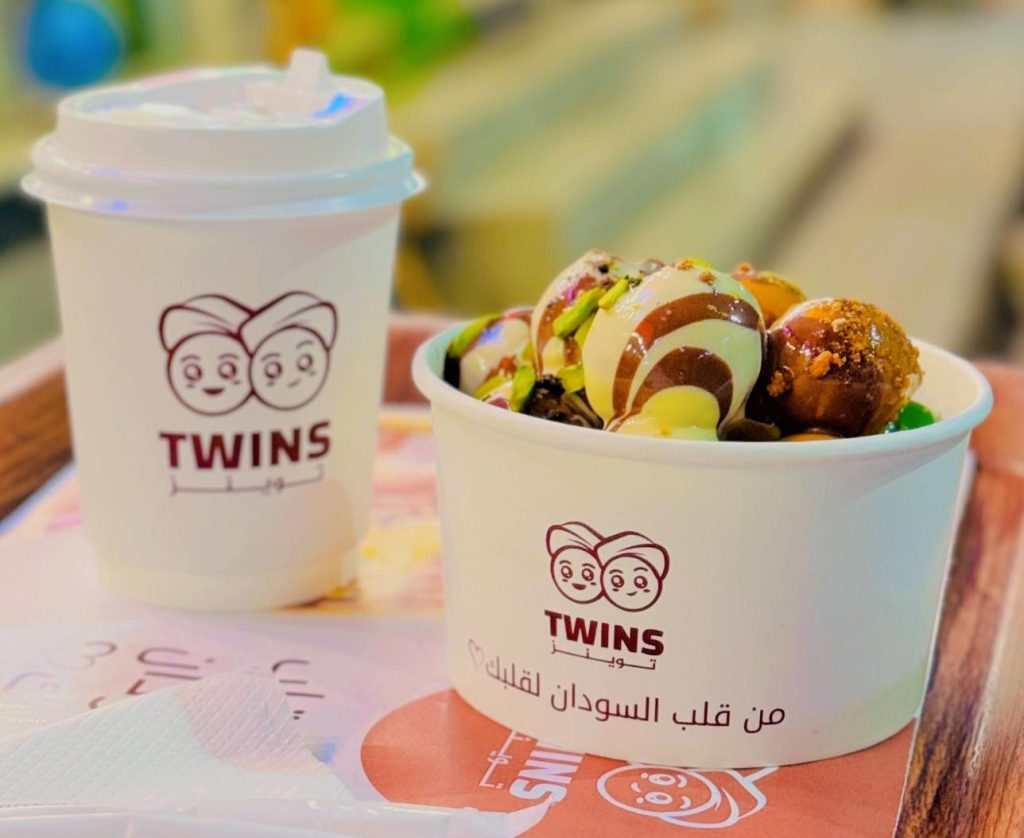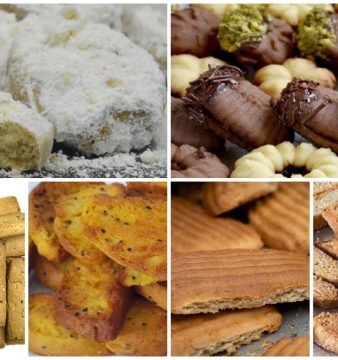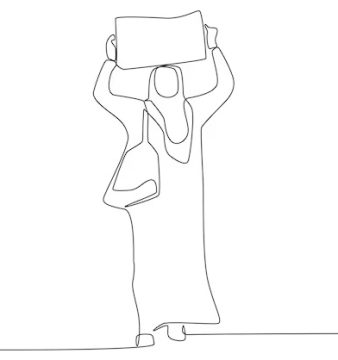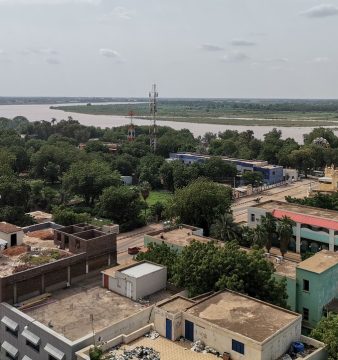Sudan’s Tea Culture, A Timeless Ritual
Mornings in a Sudanese home can be defined by one thing, shai al sabah, or the morning tea. At the start of every day, the scent of brewing tea and homemade biscuits wafts through most Sudanese households. It is a morning staple, much like sunrise and the chirping of birds.
Tea drinking has been an essential part of Sudanese culture for many generations. It has deep cultural roots in Sudan, possibly stemming from ancient Nubian times, but also largely drawn from Arab and British colonial influences, and the passing of trade routes bearing tea products through Sudan.
The tea culture in Sudan is more deep-woven than one might think. It reflects the country’s warmth and sense of community, as well as the generosity and hospitality embedded within the people of Sudan. Whether you are sipping tea at a tea vendor by the Nile River, or within the intimacy of your own home, every cup is nourishment for the soul.
The art of tea-making in Sudan is a finely-honed one. Tea can be made in several different ways, all rooted in the same initial process: the brewing of tea leaves or black tea powder. Depending on the occasion, it can be made with or without milk.
When served black, it is garnished with fresh mint leaves and served in clear tea glasses. Shai laban or milk tea, the all-time favourite, is brewed with spices like cardamom and cinnamon complimenting its flavour. Another type of milk tea, shai magnan, is made by first burning the milk in the brewing pot, giving it a decadent taste. All types of milk tea are often served with various types of homemade biscuits, which are the hallmark of the tea experience. Rich in flavor, each type, from minen to ka’ak, perfectly compliments the flavour of tea. The biscuits elevate the experience of drinking tea, giving it an added thrill, and one is rarely ever enjoyed without the other.
Tea in Sudan is a major social connector, and this is reflected in the culture of sitaat al shai or tea ladies. In the cities of Khartoum State, tea ladies are stationed on almost every street, serving as a temporary escape from the daily hustle of work and school. People come together over cups of tea and coffee made fresh on the streets.
Tea ladies are commonly stationed in abundance on Nile Street, but are also numerous in busy areas like markets, universities, or outside hospitals. Most tea ladies provide banaber or stools and tables for customer seating, giving the whole experience an authentic feel. In addition to selling tea and coffee, tea ladies also sell other hot beverages like sheeria, a hibiscus drink, as well as fresh juices, like lemon juice and aradeeb or tamarind. It is even common to find snacks like biscuits, peanuts, and simsimiya, a sweet treat made from sesame seeds.
The tea lady or sit al shai experience is a rich one, and a rite of passage for most Sudanese youth. Sitting by the street and connecting over shared experiences marks an important aspect of Sudanese social life.
In Sudanese communities, tea has the power of bringing people closer. It constitutes an important pillar of almost every occasion in Sudanese households. From Eid mornings to family gatherings to weddings and even funerals, every important occasion is sprinkled with the flavour of tea.
Tea is not only served for occasions, but is sometimes considered the sole reason to invite people over. Home gatherings and the visiting of family members are often characterised by the serving of tea with biscuits, while people get together and chat about everything from the latest gossip to social to politics. The practice of serving tea on the side of conversations even extends to business settings, where tea is often served at important meetings, when closing business deals, or even on casual business lunches.
In recent years, the tea experience in Sudan has been modernised in different ways. Sudanese tea and coffee shops are designed in a way that appeals to the youth population. Numbers of tea ladies have been on the rise, with many of them expanding their menus to feature various flavoured teas and traditional desserts such as lugaimat, which is also known as lokma or zalabiya, which are deep fried dough balls soaked in honey or sprinkled with powdered sugar. The culture of tea has even extended to conferences and events, where it is common to find tea stations serving traditionally made tea.
In the last two years, the ongoing war in Sudan has led to the expansion of Sudanese diaspora in countries such as Egypt and Saudi Arabia. This migration has facilitated the globalisation of Sudan’s unique tea culture. In light of resilience amidst the war, Sudanese coffee shops, such as Twins Café, Jeeb Ma’ak and Someet Art Café (previously Someet Gallery & Café) have reopened in Egypt and other countries in the Middle East and North Africa (MENA) region and Africa, showcasing Sudan’s heritage and fostering a deeper appreciation for Sudanese tea and culinary practices. In Egypt, sitaat al shai and other Sudanese sellers can be found on the streets of Cairo in pre-dominantly Sudanese neighbourhoods such as Faisal Street. Cofftea, Sudan’s leading tea and coffee company, is now based in Mombasa, Kenya, and available across Africa and the MENA region.
With the modernisation of the tea experience, efforts must be made to preserve the traditional and cultural aspect of tea making. Tea will remain a constant in the Sudanese community, reflecting identity, heritage and unity even in the face of regional diversities. Tea in Sudan is more than a beverage. It is a social connector, a reflector of hospitality, and a culture all on its own.
Samar Bengawi is a medical student by day, and a literature and music enthusiast by night. She was born and raised in the UAE and is now based in Georgia. She is never without a cup of coffee in hand, and is always “on the go,” chasing after one hobby or another. Passion in Sudanese politics runs in her blood and she considers herself a patriot who hopes to leave a memorable mark in the world.








